Efficient Water Heater Setup for Your Home
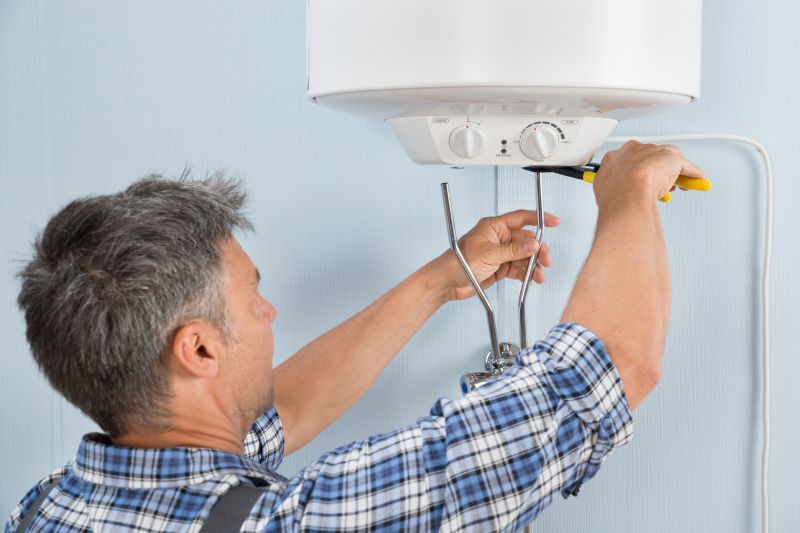
Technicians installing a new water heater in a residential setting.
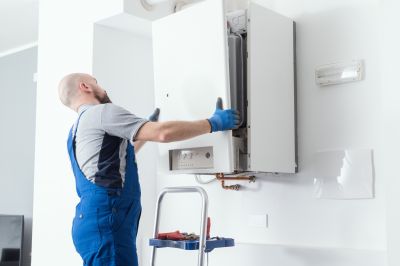
A modern tank-style water heater being positioned for installation.
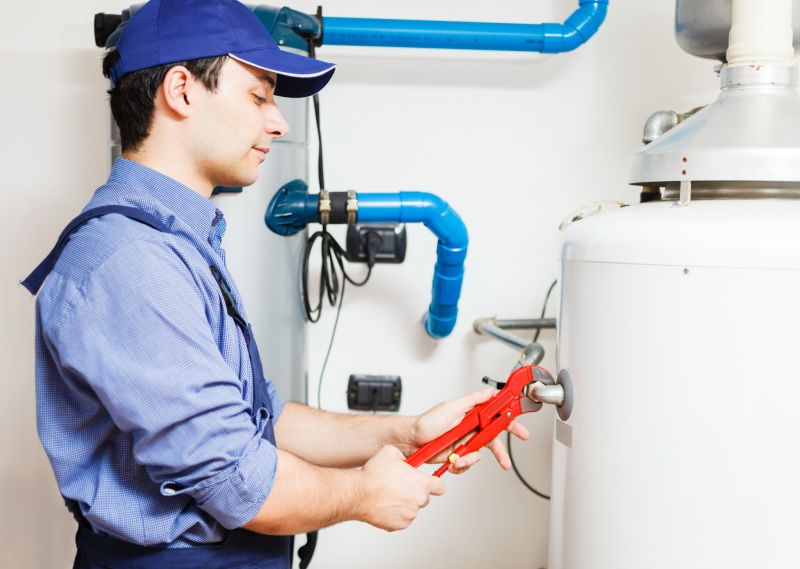
Plumbers securing water connections to ensure proper operation.
| Benefit | Description |
|---|---|
| Energy Efficiency | Newer models consume less energy, reducing utility bills. |
| Reliability | Upgrading minimizes the risk of breakdowns and repairs. |
| Enhanced Safety | Proper installation ensures compliance with safety standards. |
| Increased Capacity | New units can meet higher hot water demands. |
| Long-Term Savings | Initial investment can lead to lower operational costs. |
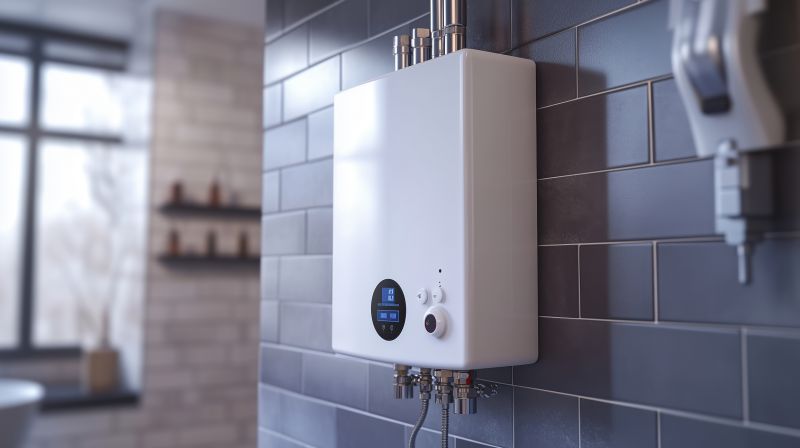
A sleek, energy-efficient water heater ready for installation.
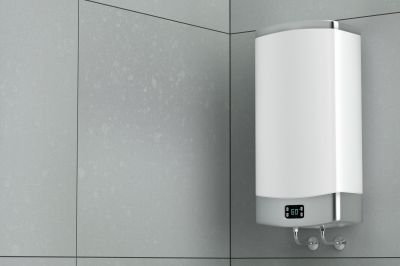
A space-saving water heater suitable for smaller spaces.
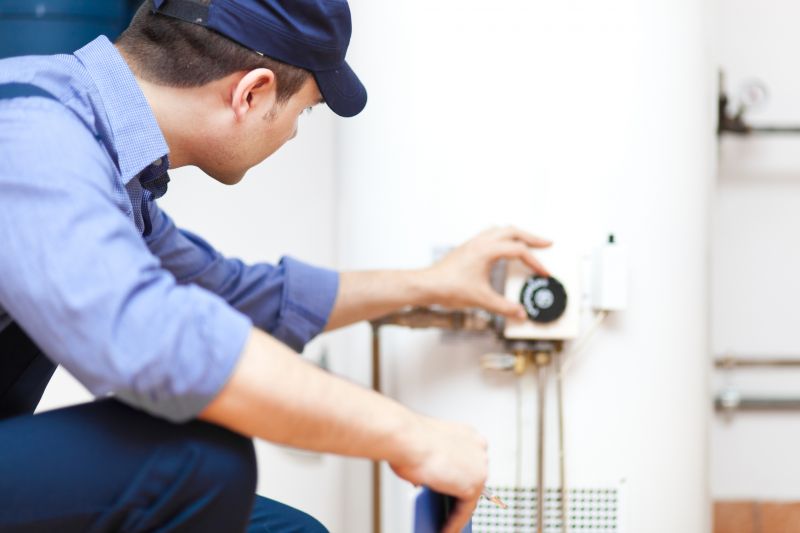
A durable water heater designed for high demand.
The process of installing a new water heater involves several key steps to ensure optimal performance. Initially, the existing unit is disconnected and removed if necessary, with careful handling to prevent damage. The installation site is inspected to confirm it meets all safety and code requirements. The new water heater is then positioned, secured, and connected to water and power supplies. During this phase, plumbers ensure all connections are tight and leak-free. The system is filled, and a series of tests are conducted to verify proper operation and safety features. Finally, the installer provides guidance on maintenance and operation, helping the property owner understand how to maximize the lifespan of the new unit. Proper installation by experienced professionals ensures efficiency, safety, and long-term reliability.
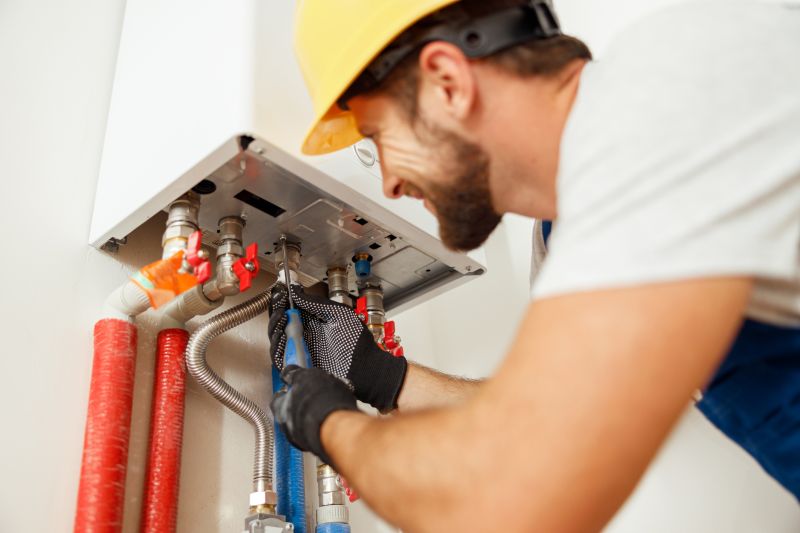
Technician connecting water lines to a new unit.
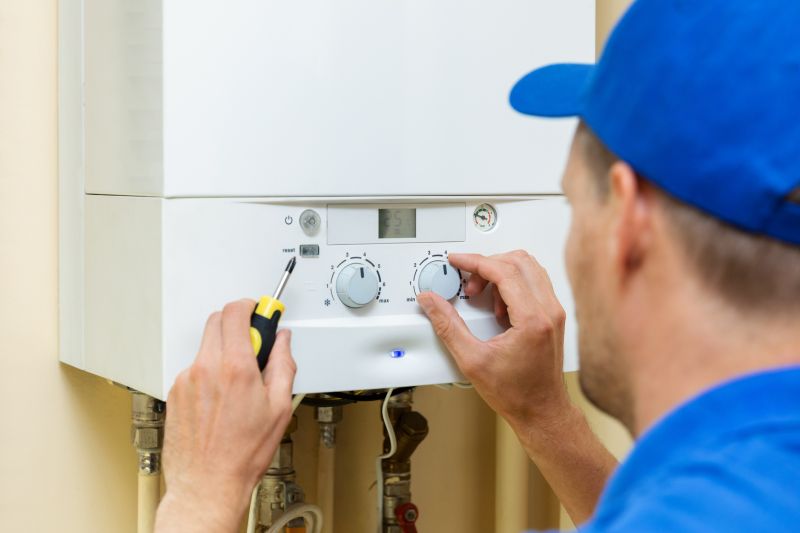
Mounting and stabilizing the water heater in place.
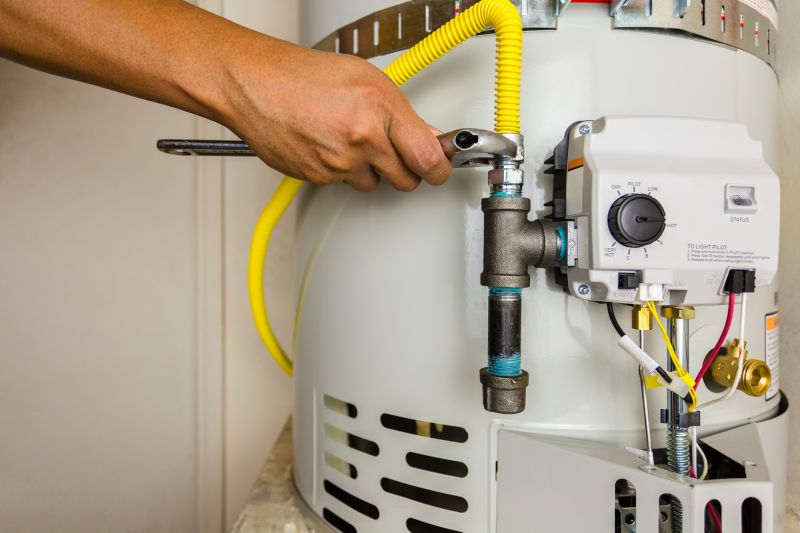
Ensuring all connections are secure and system functions correctly.
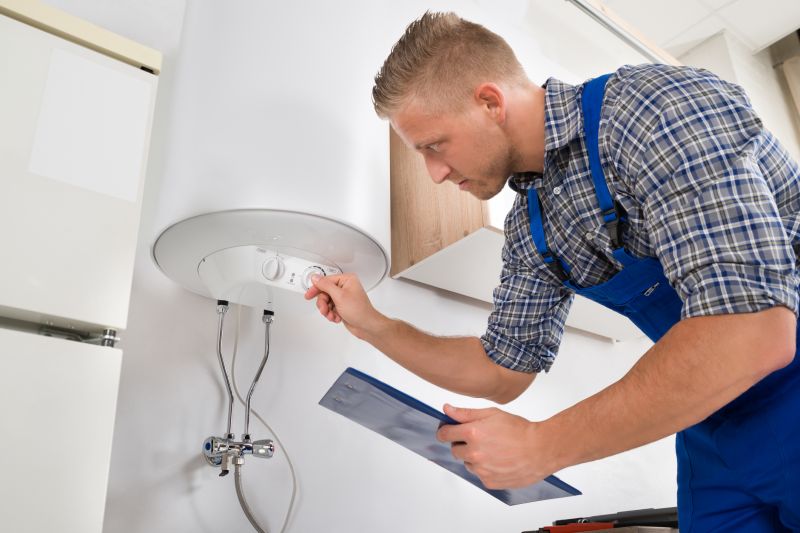
A brand-new water heater installed in a residential space.
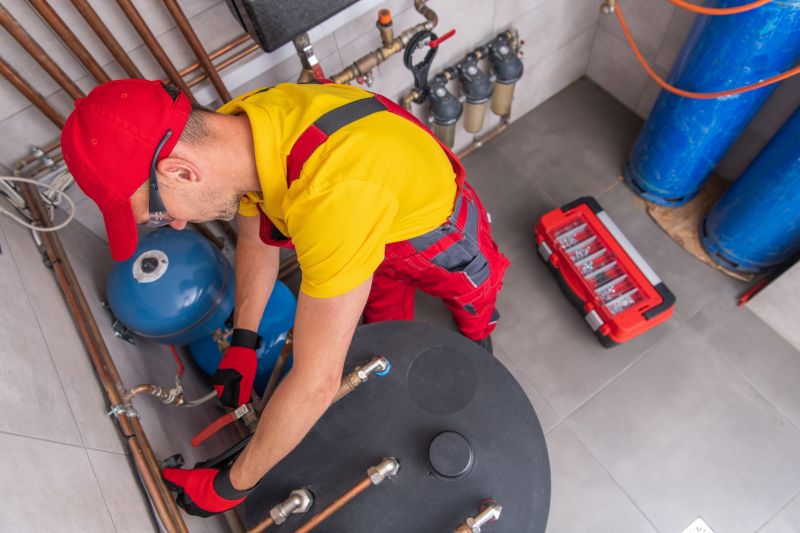
A technician inspecting the final setup of a water heater.
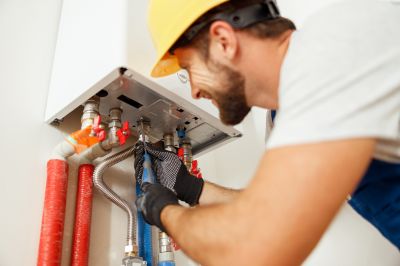
A fully functional water heater providing hot water.
For reliable hot water supply and efficient operation, hiring a professional water heater installer is highly recommended. Expert installers ensure the system is correctly sized, properly connected, and safely secured, reducing the risk of future issues. Their knowledge of local codes and standards guarantees compliance, avoiding potential legal complications. Professional installation also includes thorough testing to confirm the system functions as intended, providing peace of mind. Proper setup can extend the lifespan of the unit and optimize energy use, leading to savings over time. Additionally, qualified installers can advise on maintenance practices to keep the system running smoothly. Choosing experienced professionals ensures the installation process is smooth, safe, and aligned with best practices for performance and safety.

